Case sensitivity is determined by the collation settings of the database. It affects everything, comparisons, foreign keys, etc...
However, you can change the collation setting on a particular column or columns, to make comparisons with it case sensitive while the rest of the DB stays case insensitive. For example:
ALTER COLUMN Name VARCHAR(50)
COLLATE SQL_Latin1_General_CP1_CS_AS
Now all comparisons with Name will be case sensitive.
One way to perform a case insensitive comparison given a case sensitive collation is to specify a per column collation cast as part of the query. You may also want to familiarize yourself with collation precedence if you use this method to change collation on the fly. Here is an example of a collation cast being specified at the point of query:
SELECT Name
FROM MyTable
WHERE Name = 'CASE' COLLATE SQL_Latin1_General_CP1_CI_AS -- Use case insensitive coll.
The collation of a column can be changed interactively using the Table Designer is SSMS (sorry for the large image):

